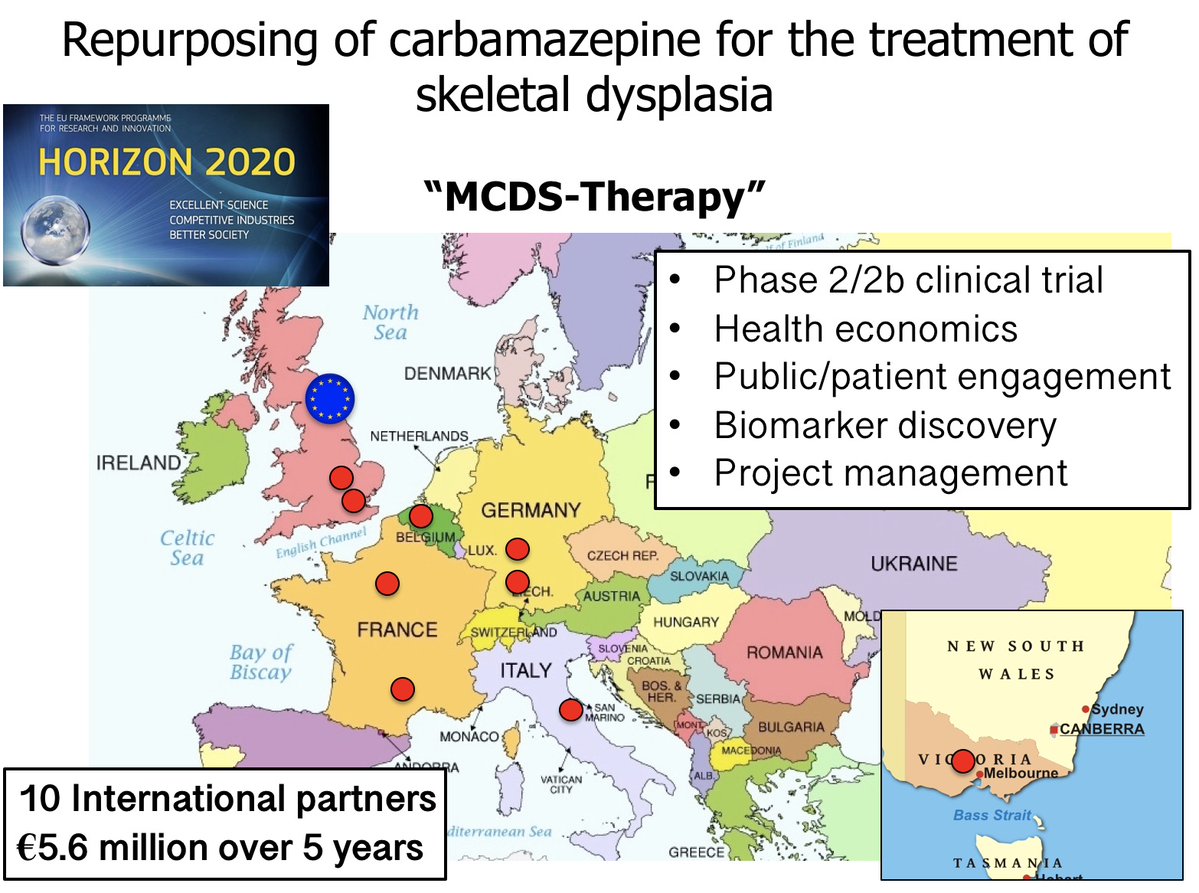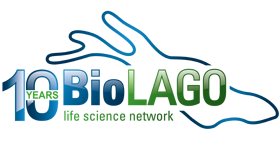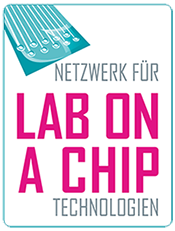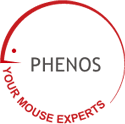Partners
Research projects
 |
|
MCDS-Therapy (@MCDS-Therapy) A Horizon 2020 funded 5-year clinical trial for the repurposing of carbamazepine for the treatment of metaphyseal chondrodysplasia, type Schmid. |
Networks
|
|
As the sector association of the biotechnology industry, BIO Deutschland has set itself the objective of supporting and promoting the development of an innovative economic sector based on modern biosciences. |
|
 |
DECHEMA is the expert network for chemical engineering and biotechnology in Germany. As a non-profit professional society we represent these fields in science, industry, politics and the general public. DECHEMA promotes scientific and technical exchange among experts from different disciplines, organisations and generations. We consolidate the know-how of over 5,800 individual and sustaining members. |
|
 |
Over the past few years the Rhine-Neckar biotech region has developed into one of Germany’s strongest biotechnology clusters. The cluster is located within a radius of 30 km around the cities of Heidelberg, Mannheim, Darmstadt and Ludwigshafen. It is the most prominent and concentrated biotech cluster in Germany in the fields of personalized medicine and cancer research. |
|
 |
Heidelberg Technology Park is a science park where major research institutes and global corporations work side by side. The synergies are manifold so that what emerges is a science-based society in which science finds scope for experimentation in industry and scientific research gains new perspectives as a result of international cooperation. |
|
 |
BioLAGO is the cross-border health network for life sciences in the four-country-region of Lake Constance (Germany, Switzerland, Austria and Liechtenstein). The network links industry with science for innovations; it promotes knowledge transfer and the foundation of new firms. |
|
 |
Network Lab-on-a-Chip Technologies Lab-on-a-Chip approaches (short: LoaC) are the combination and integration of several analytical steps of classical and new laboratory analysis on a glass, silicium or plastic chip. The goal is to achiev a high degree of automation as well as the parallelization of many analytical steps (keyword " High Content Screening"). The network focuses on innovative products, production processes and services primarily in the fields of
|




